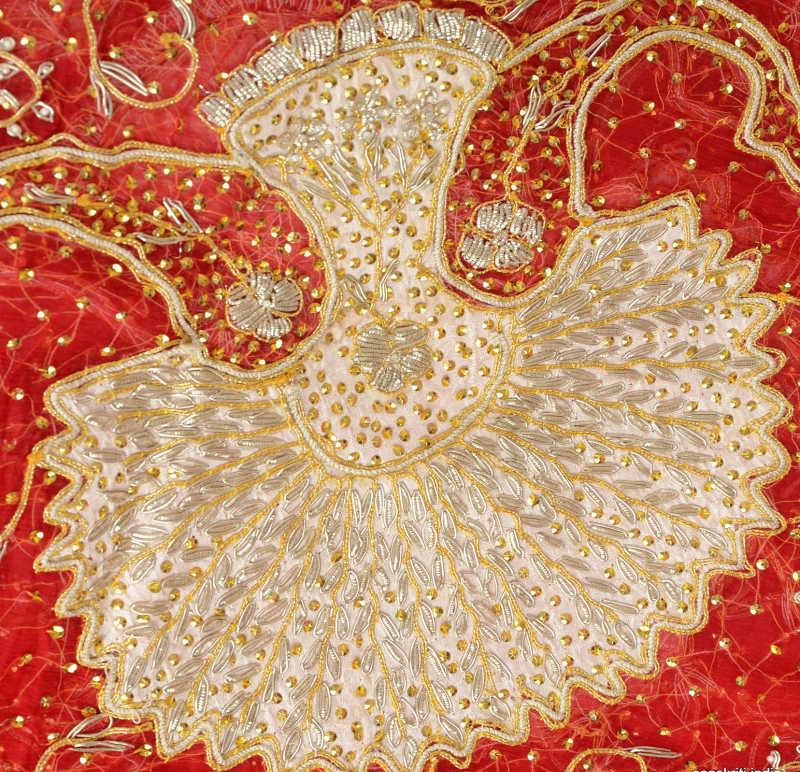===
0977,
3
===

=== |
 |
zabān-darāz : 'Long-tongued'; loquacious; speaking much and malevolently; impudent, saucy; abusive, scurrilous'. (Platts pp. 614-15)
FWP:
SETS == IDIOMS
MOTIFS == CANDLE; SPEAKING
NAMES
TERMS == 'DELICACY OF THOUGHT'; PROOF; 'SABK-I HINDI'There's also of course the pleasure of zabān-darāz as an idiom in its own right (see the definition above).
A further nice touch of wordplay is that while baṛh kar bāt karnā idiomatically means 'to speak boastfully, to show arrogance', the literal meaning of baṛhnā includes the sense of 'to extend, lengthen; to grow, rise' (Platts p.153). If it were not so folksy-sounding, 'get uppity' would capture the same colloquial range-- one all too appropriate for a candle-wick that is about to have its 'head' chopped off.
And of course ḳhāmosh , 'silent', is also used to describe a candle that has burnt out (because its 'tongue' of flame is no longer active). Really the verse has excellent wordplay.